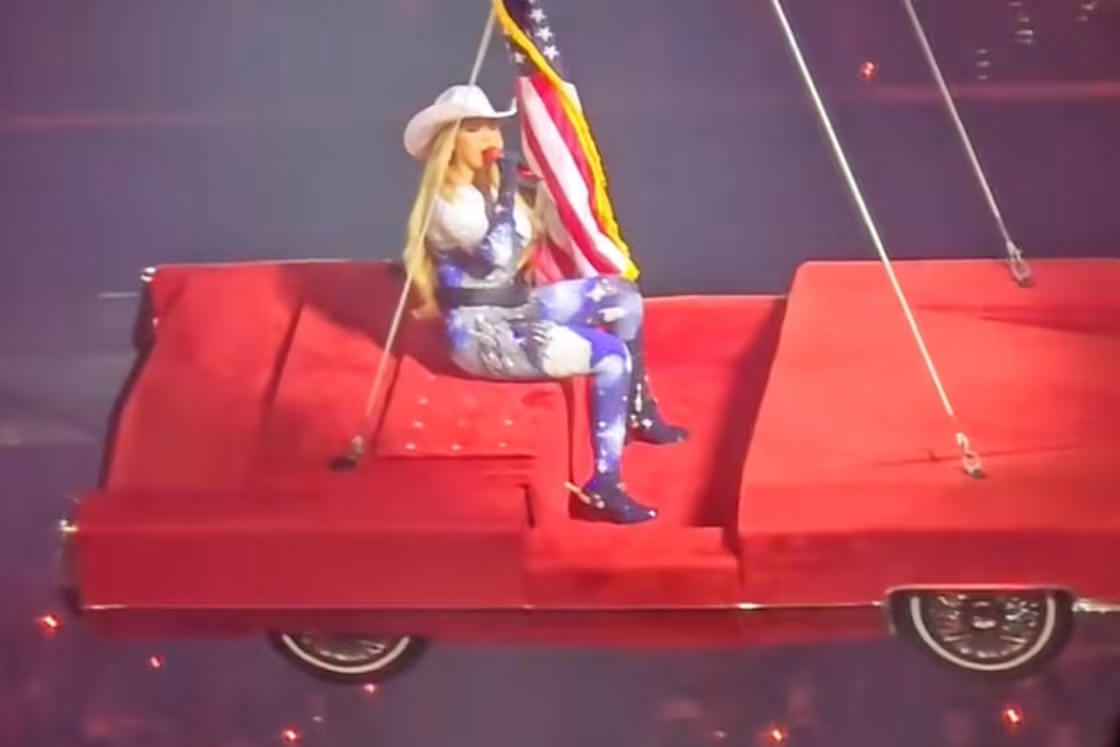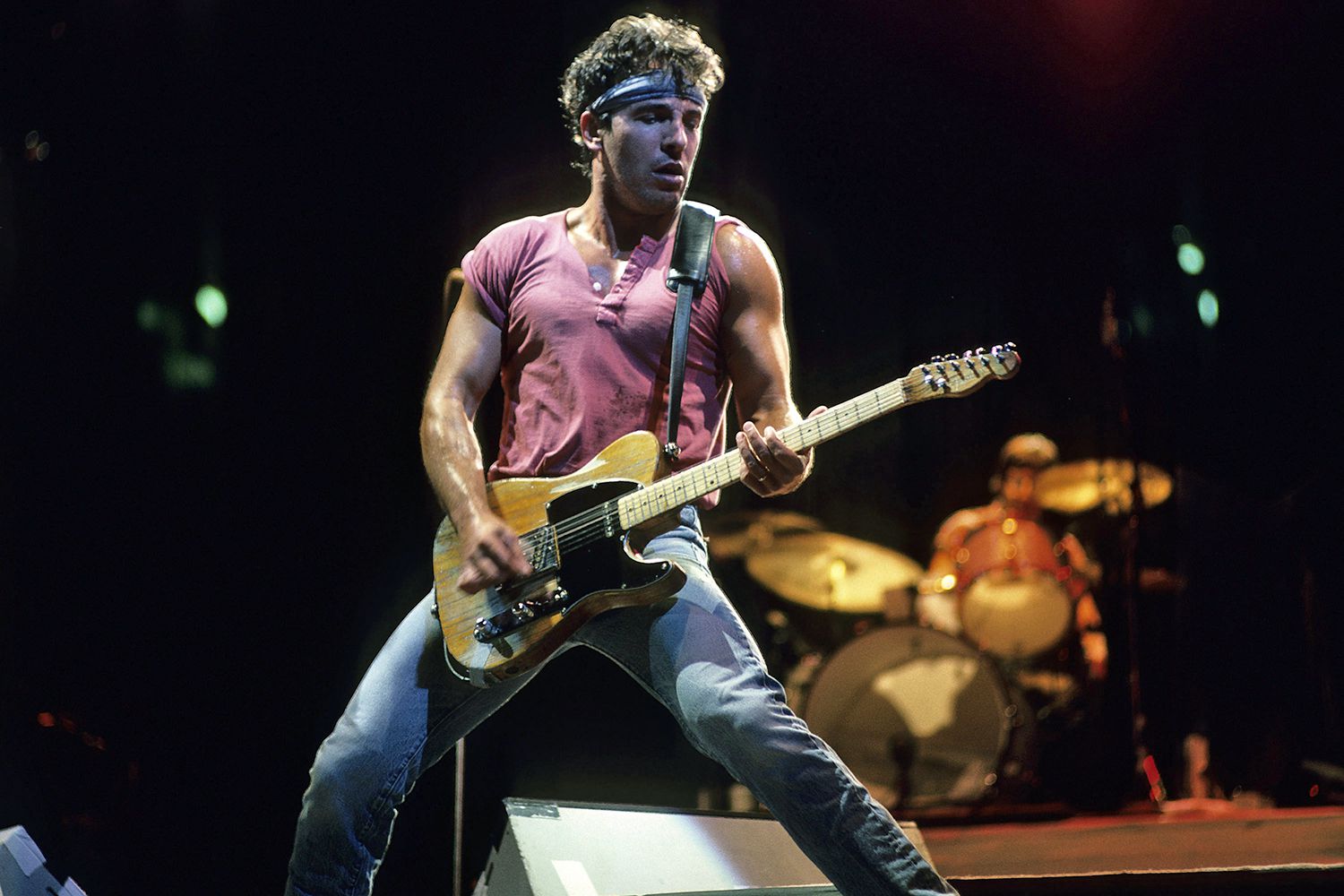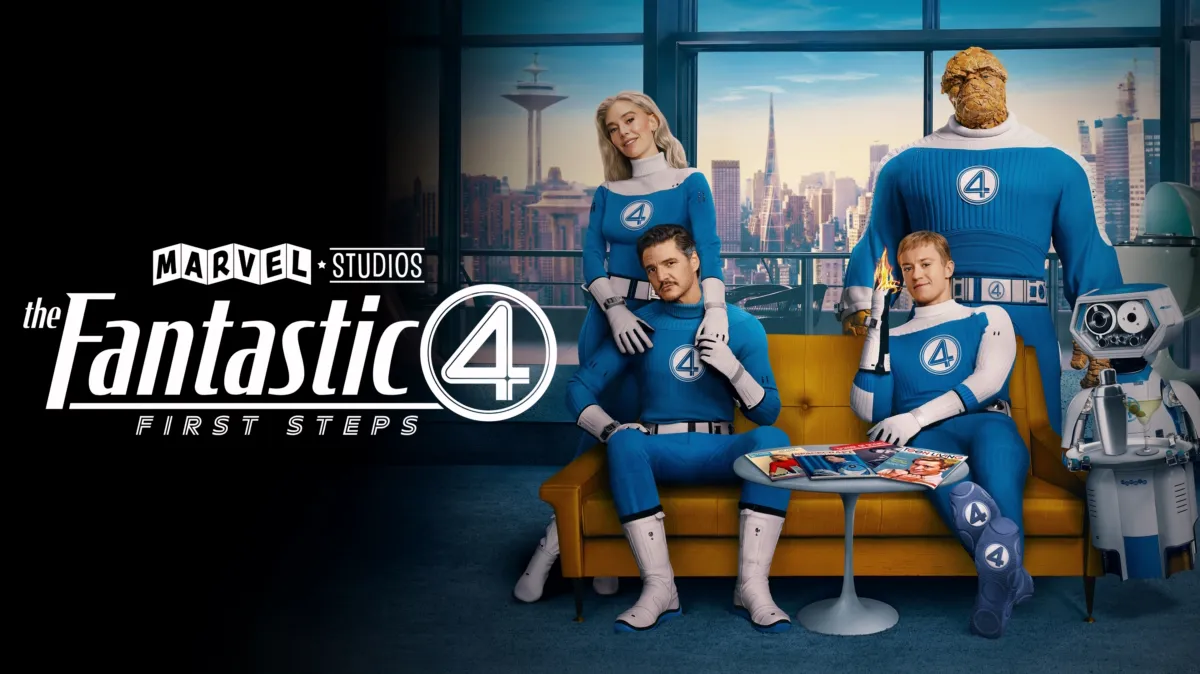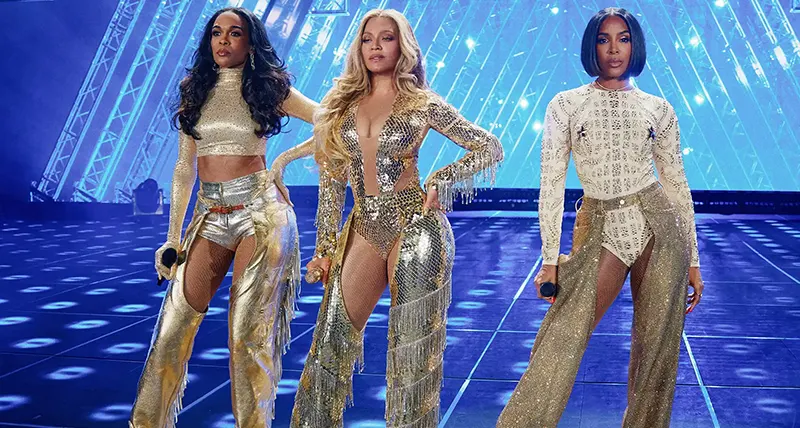Beyoncé's "Cowboy Carter" Delivers a Patriotic Spectacle—But Leaves Room for Real Conviction

On Independence Day, Beyoncé’s Cowboy Carter Tour stormed into Landover, Maryland—just outside D.C.—in a show packed with dazzling visuals, cultural references, and politically charged symbolism. But for all its grandeur, the show leaves an important question unanswered: Can metaphor-heavy art really stand up to the stark realities of our times, especially when real American values like freedom, faith, and family are on the line?
The Show: Southern Swagger Meets Political Theater
The concert opened with a spoken-word interlude from Newark Mayor Ras Baraka, calling for an “American poem.” Beyoncé answered with cowboy flair—American flag draped around her shoulders, cowboy hat tipped low—blending celebration and critique. She took the crowd on a three-hour journey through Black Southern history, country music reclamation, and personal triumph.
After a haunting rendition of “Ameriican Requiem,” she transitioned into “Blackbiird,” a Beatles cover now made iconic by her album collaboration with rising Black country stars. The live version offered tribute to those who came before her but lacked a direct political punch some had anticipated.
Then came her most striking moment: a warped, Hendrix-style version of the National Anthem melting into “Freedom.” While sonically impressive, the moment’s intended protest lacked clarity. In today’s hyper-partisan, high-stakes environment, some argue Beyoncé’s message is getting lost in the metaphors.
MainEvent.News SPIN:
From a middle-ground standpoint, Beyoncé’s performance is both admirable and frustrating. On one hand, her use of Americana imagery—cowboy hats, flags, and gospel-infused melodies—pays tribute to the country’s rich cultural fabric, one shaped by people of all races. But on the other hand, her persistent ambiguity leaves audiences guessing: is this patriotism, protest, or a profitable mix of both?
She critiques America’s shortcomings but continues to thrive in its capitalist structure. She wraps herself in the flag, but never speaks plainly about solutions. If Beyoncé truly wants to empower people—especially young Black men and women—perhaps it’s time to deliver a clearer, more values-driven message: one that promotes responsibility, opportunity, and unity over grievance and vague symbolism.
Even her critics must acknowledge her talent. Songs like “Ya Ya” and “Why Don’t You Love Me?” explore deep emotional territory. Her daughter, Blue Ivy, shines in a solo dance. But where artists like Bob Vylan and Bad Bunny are taking real risks—calling out power structures, naming names—Beyoncé’s approach feels safe by comparison. As Americans, we must ask: is this truly a revolutionary act, or another spectacle sold to us as one?
A Cultural Force, But Not a Political One
To her credit, Beyoncé is speaking to millions who feel unseen. Her ability to fill stadiums with fans of all backgrounds is a testament to the power of shared experience. Yet, if she aims to be a political force, the message must evolve. Patriotism isn’t something to be disguised in symbolism—it’s something to be declared, defended, and celebrated outright.
Perhaps that’s what’s missing from Cowboy Carter: the courage to say that America, flawed though it may be, is still worth fighting for—not just with spectacle, but with speech. And if Beyoncé can embrace that message as boldly as she wears the flag, she may yet lead a new cultural movement that unites rather than divides.
Still Unfolding
As part two of a planned trilogy, Cowboy Carter is just the beginning. Whether the final act delivers a more complete vision of America—or continues walking a tightrope between critique and commerce—remains to be seen.
For now, the show is a testament to Beyoncé’s artistry and cultural influence. But as political tides shift and Americans yearn for clarity, Cowboy Carter may be remembered more for what it implied than what it actually said.
Entertainment Headlines

Beyoncé’s Flying Car Stalls Mid-Air During Houston Concert

Why Did Bruce Springsteen Bury Seven Albums? ‘Tracks II’ Unlocks the Vault

Weekend Theater Watchlist: The Fantastic Four First Steps, Twisted Romance & Coming-of-Age Chaos


